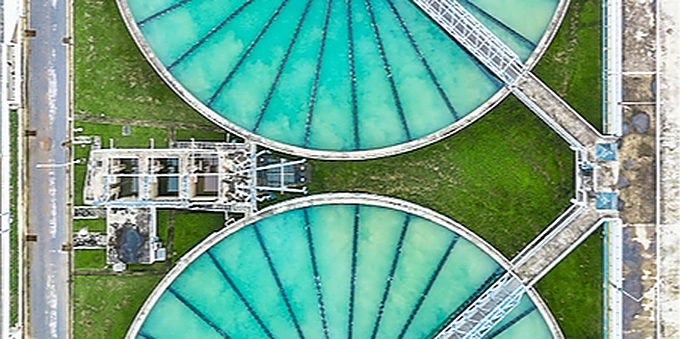
What have we learned so far?
In March 2019, the Commission declared that it had delivered the 54 actions in the 2015 Action Plan, including, for instance, a revised Union waste legislative framework, an Ecodesign Working Plan 2016-2019 and the first-ever Europe-wide strategy on plasticsvii. Meanwhile, the Commission's evaluation of its first plan acknowledged that more remained to be done. The EU-level actions taken so far have focused on supply-side measures aimed at addressing negative impacts of products, services and production, and on dealing with materials that become waste. Both are critical and the EU has longstanding and relatively well-established policy frameworks in these areas.
However, it is unlikely that supply-side tweaks alone will achieve the scale of change required in the time available, also considering different system reboundsviii. Instead, there is a need to not only address what we consume, but also the way we consume, how much and why. With the exceptions of consumer information tools such as ecolabelling and voluntary green public procurement criteria, these market demand aspects have been less of a focus for EU policy to date. There are limits to how far EU level policy can go on demand-oriented policy instruments due to the current balance of policy responsibilities between the EU and its Member States. Taxes and VAT, for example, can be used to try to regulate demand but largely fall within Members States' competence. This is not to say that the EU does not have a role to play or responsibility in addressing unsustainable levels of demand. It has several levers to pull and an important responsibility to try to encourage initiative and innovation by the private sector and at national, regional and local level, creating the conditions for others to follow while preventing laggards from being left behind.
It is unlikely that supply-side tweaks alone will achieve the scale of change required in the time available
The need to address unsustainable consumption levels at EU level has gained recognition in the last few years: • The Commission's evaluation of the 7th Environment Action Programme (EAP) in 2019 noted that "the sustainable and circular management of resources in developed countries may need a reduction in consumption"ix . • The Council of the EU has invited the Commission to present an "ambitious and focused" 8th EAP proposal in early 2020 and has highlighted the need to accelerate the transition toward sustainable consumption patternsx . • Commission President, Ursula von der Leyen, emphasised in her Agenda for Europe after taking office that "We need to change the way we produce, consume and trade"xi .